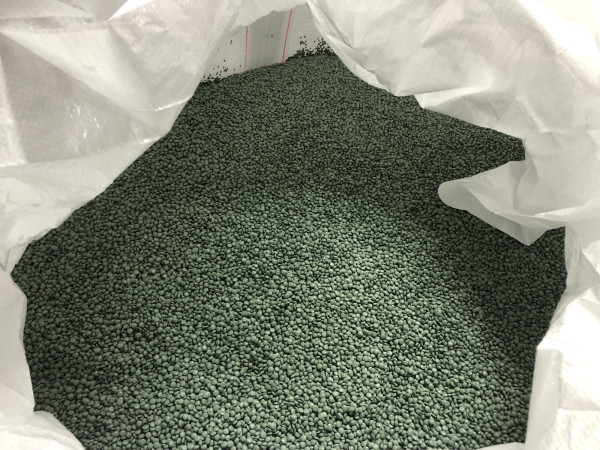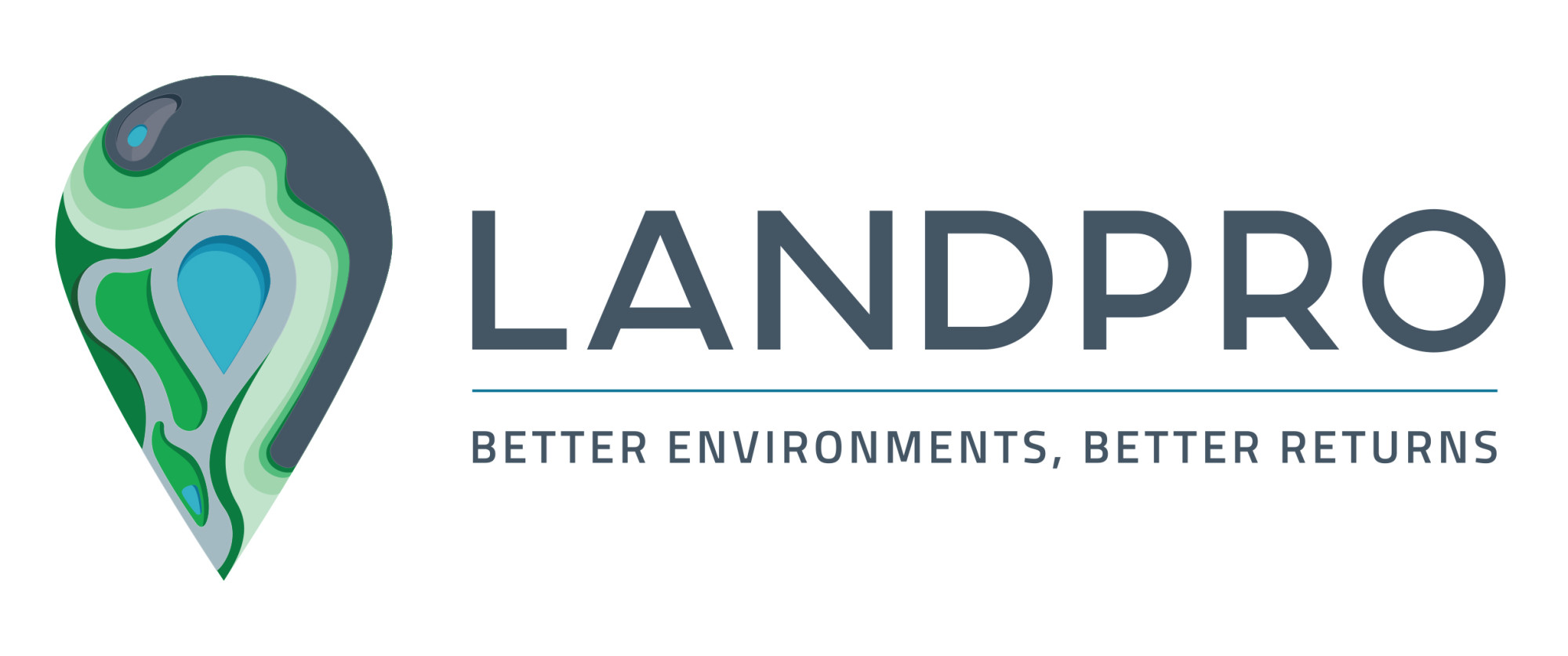Recycle South has been operating in the Southland region for over 40 years, beginning as an Industrial Work Training Unit in 1974. The not-for-profit organization has always had a social purpose, doing great things for equality and the environment. They started out as a service to enrich the lives of people with disabilities by providing meaningful employment and personal development and have since expanded to become one of Southland’s key recycling services, handling curbside recycling for the Southland and Invercargill district councils, as well as agricultural plastic, e-waste, business collection, and more.
Now, they’re tackling a huge problem for farmers across the region – how to get rid of their bale wrap in a sustainable way. Bale wrap is a huge concern, as often the only option farmers are left with to dispose of it is to burn or bury the plastic, which is extremely harmful to the environment.
Photo from Recycle South.
Recycle South’s vision was to give farmers a cost-effective way to dispose of their bale wrap, by getting it off farm, and recycling it to give it another purpose. Their new recycling plant has now been built in Makareka to process and repurpose bale wrap off farms from Southland through to South Canterbury.
Hamish McMurdo, General Manager at Recycle South, says: “We are very excited to provide this solution for the rural community. The success of it relies on everyone’s support and use of the service. Recycle South encourages all users of bale wrap to get on board and support the disabled community by sending us your bale wrap, while caring for the environment along the way. We have appreciated the work that Brodie and the Landpro team have put in to ensure we are able to provide this service.”
Recycle South allows farmers to drop off bale wrap at $150 + GST per tonne (approximately 15 cents per bale). There is no minimum drop-off weight, as their goal is to make it as easy as possible for local farmers. The bale wrap is washed on-site to ensure the result is a clean plastic that can be exported and reused. The material is then filtered and processed by a Pelletiser into pure resin pellets, packed, and sent overseas.

Photo from Recycle South.
As well as ensuring bale wrap isn’t burned, buried, or sent to the landfill, it also provides jobs and opportunities for locals and those with disabilities.
Landpro worked with Recycle South through the consenting process for their new plant – undertaking a site investigation to check paddocks to ensure drainage was up to standard, as well as drafting and submitting their consent application. They also consulted with the local iwi to ensure that the Makarewa river is protected.
Brodie, a Planner here at Landpro who worked on the consenting process, says “It was great helping Recycle South on the consents for their new recycling facility, which will ensure that plastic ag wrap is removed off farms and transformed into a new product to be reused”.
